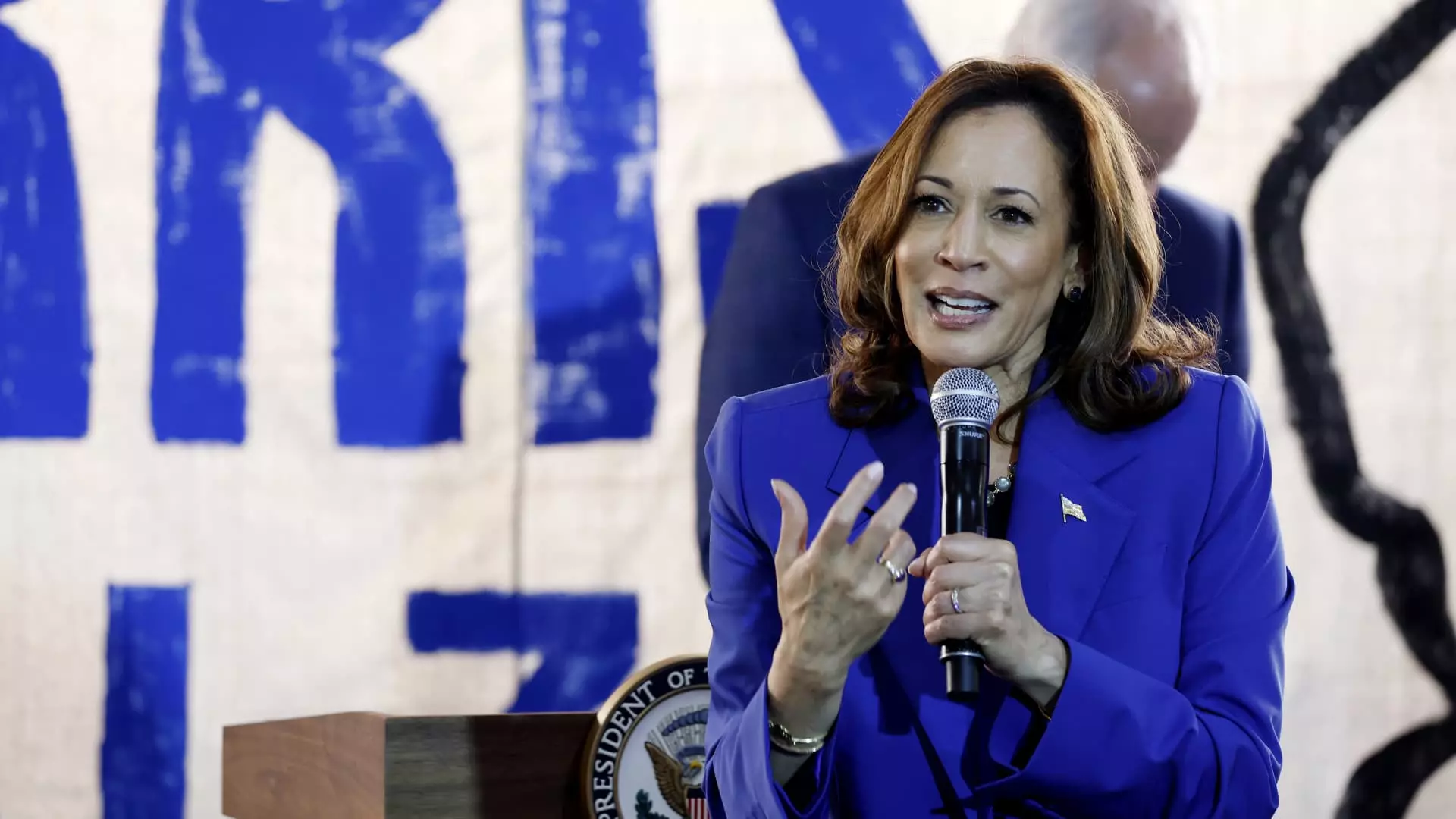Vice President Kamala Harris has recently proposed a major increase in the corporate tax rate to 28% as part of her plan to raise revenues and fund her ambitious projects. This proposal marks a significant shift from previous policies and has sparked debate among politicians and economists alike.
Harris’s campaign spokesman, James Singer, stated that the 28% corporate tax rate is a means to redistribute wealth and ensure that working-class Americans receive their fair share. This proposal is expected to generate significant revenue, with projections estimating that each percentage point increase in the corporate tax rate could result in approximately $100 billion over a decade. Additionally, this policy would reverse a key aspect of former President Donald Trump’s tax cuts from 2017, which lowered the corporate tax rate from 35% to 21%.
If implemented, a 28% corporate tax rate could have far-reaching effects on the economy. While Harris has not provided a detailed cost estimate for her proposals, it is clear that they would require substantial funding. This tax increase could provide a much-needed source of revenue to finance initiatives such as expanding the child tax credit, addressing housing affordability, and reducing medical debt.
Inevitably, Harris’s proposal to raise the corporate tax rate will face opposition from Republicans in Congress. Securing support for this policy change will likely require Democratic control of both the House and Senate. However, Harris may have leverage in negotiations with the GOP, as many elements of Trump’s tax cuts are set to expire in 2025, leading to a potential showdown over which provisions to renew.
Critics of Harris’s plan have raised concerns about the potential impact of a 28% corporate tax rate on businesses and the overall economy. Trump, in particular, has warned of dire consequences if his tax cuts are not renewed, accusing Democrats of risking economic disaster. Singer countered these claims by highlighting the negative effects of Trump’s proposed tariffs and emphasizing the need for a more equitable tax system.
Vice President Kamala Harris’s proposal to increase the corporate tax rate to 28% represents a significant departure from current tax policies. While the plan faces political challenges and criticism, it also offers the potential to generate much-needed revenue for essential programs. As debates over tax policy continue, the economic future of the country hangs in the balance.

Leave a Reply